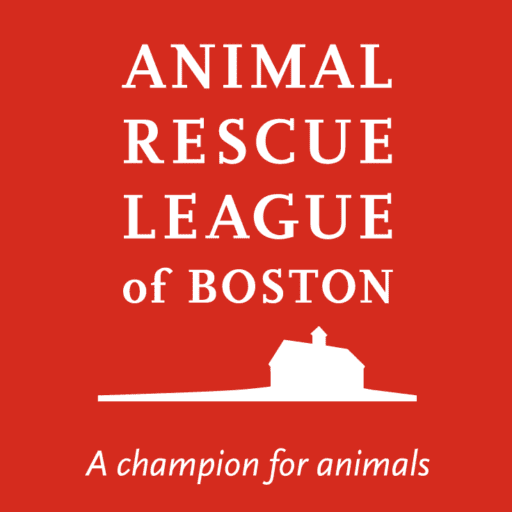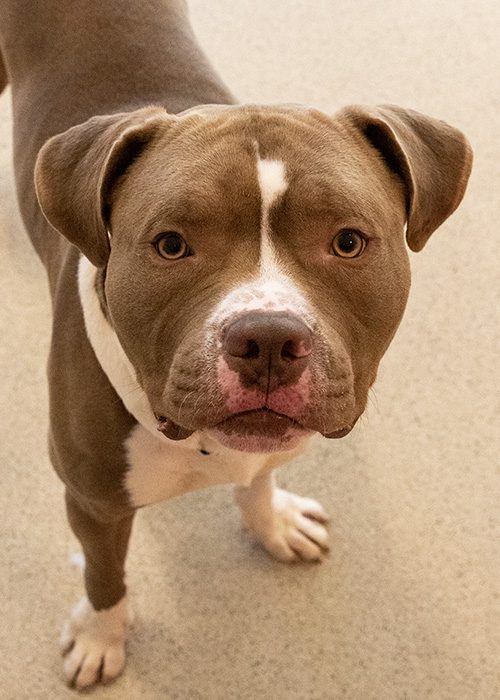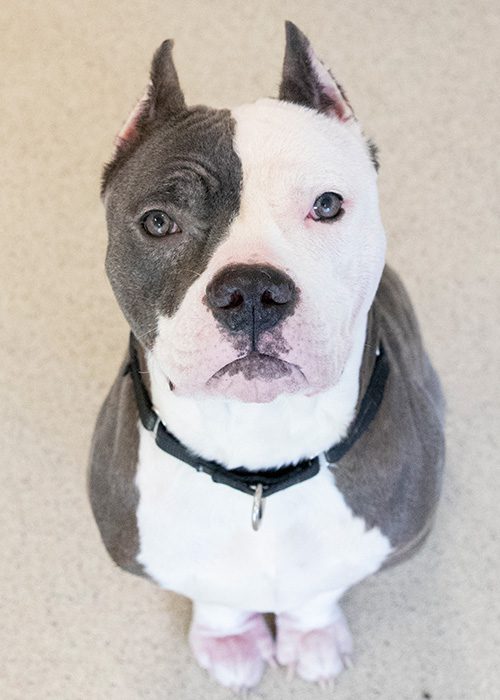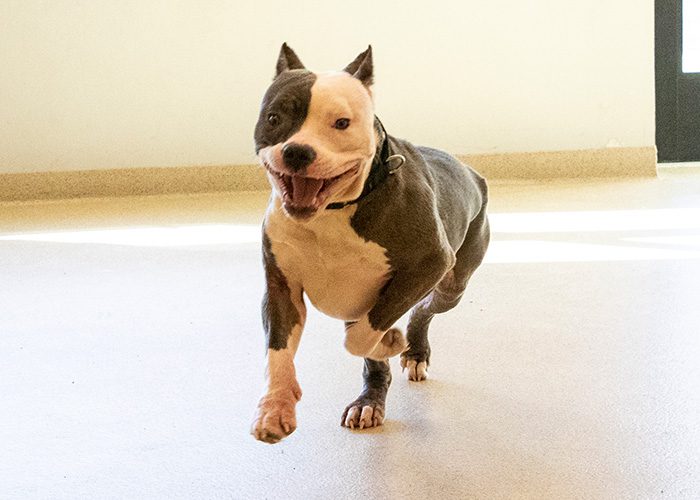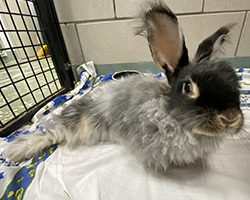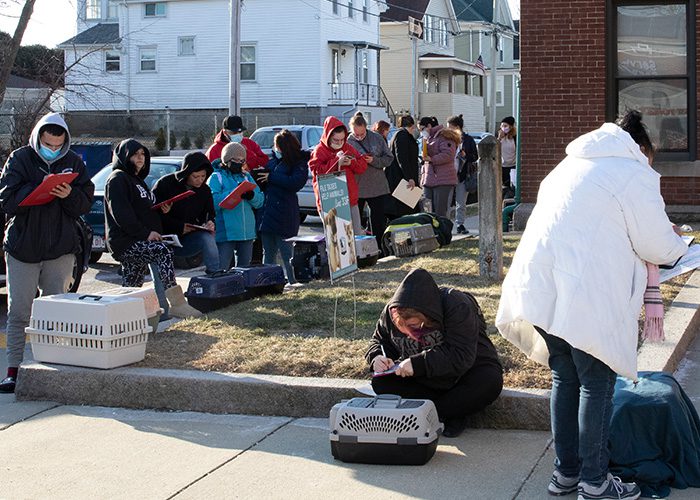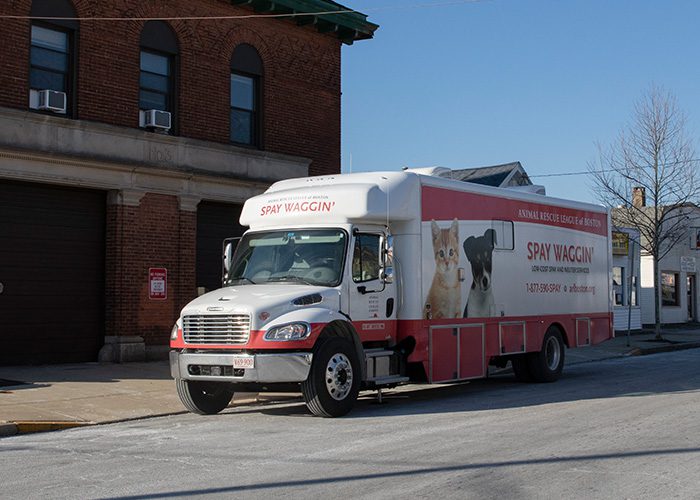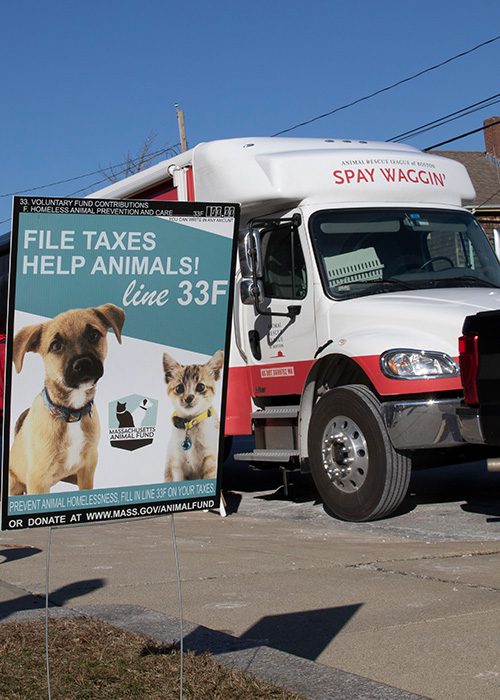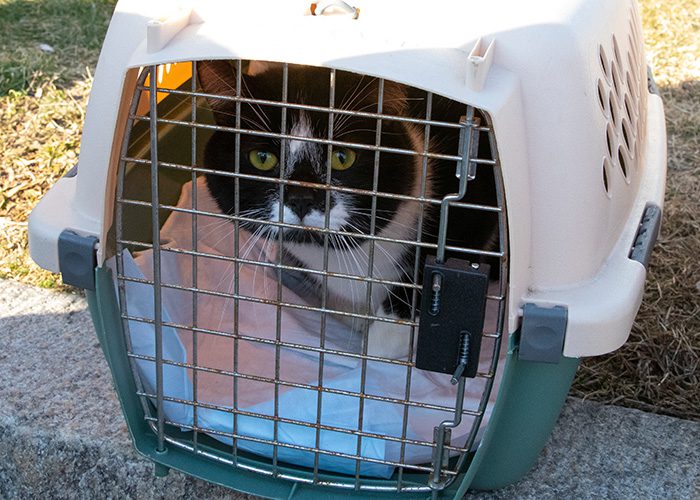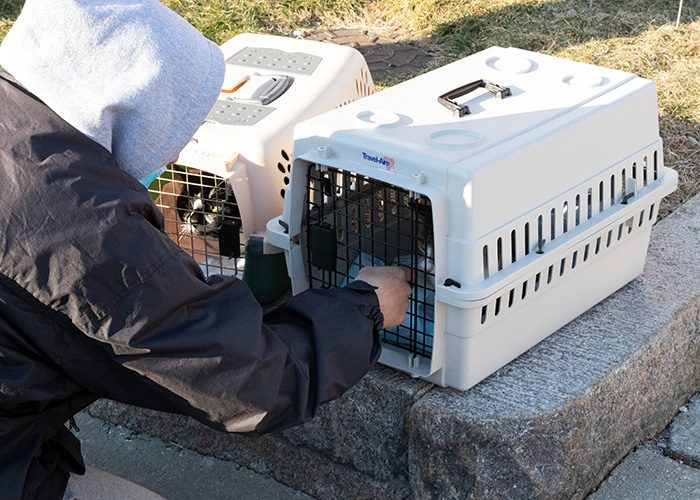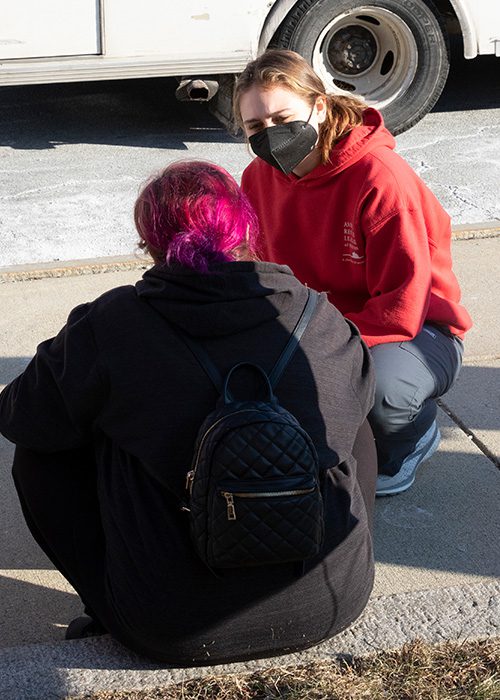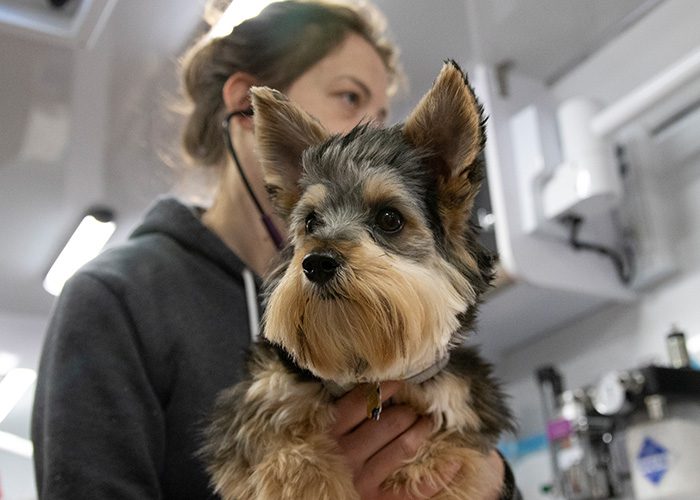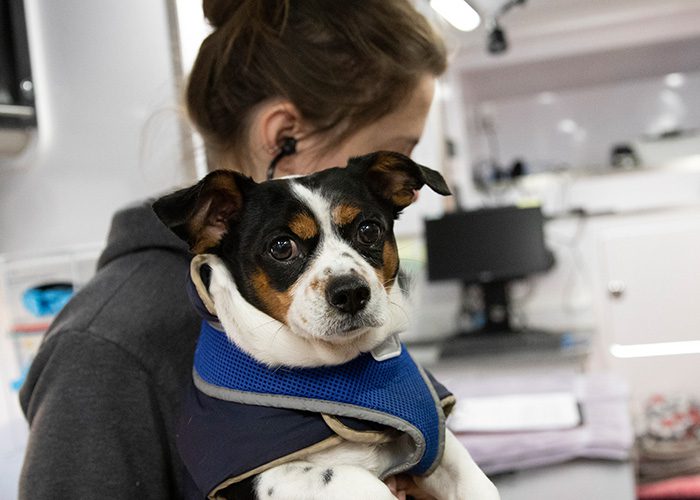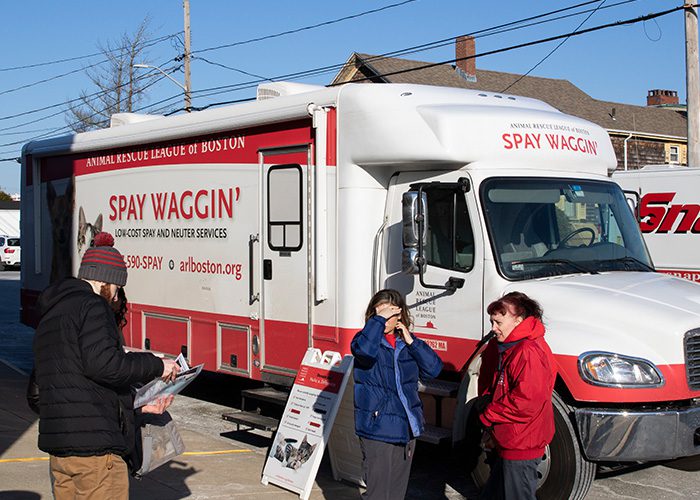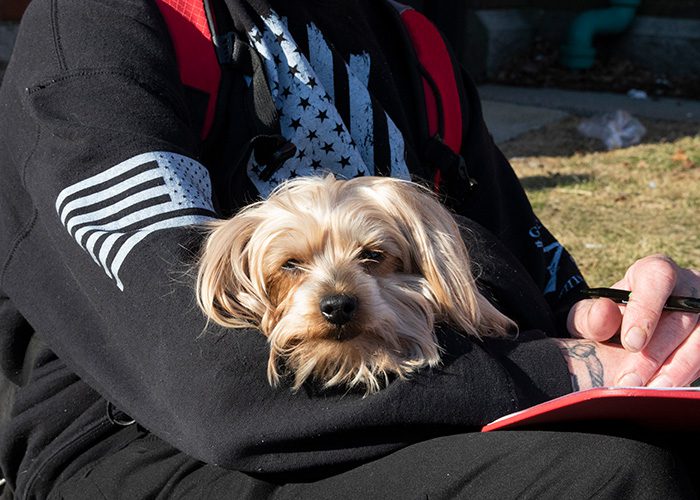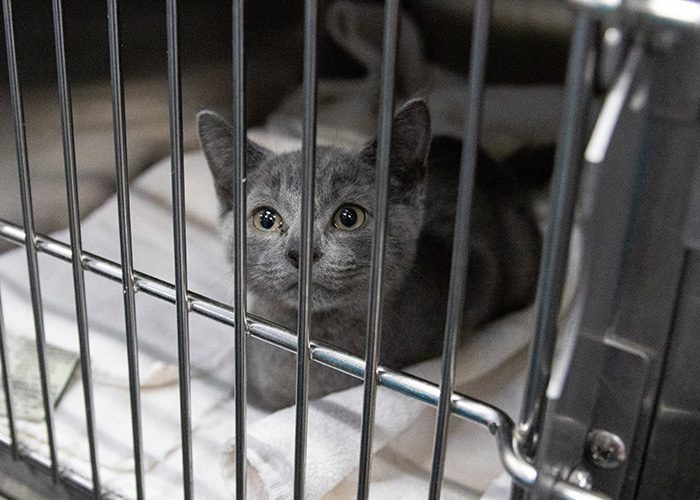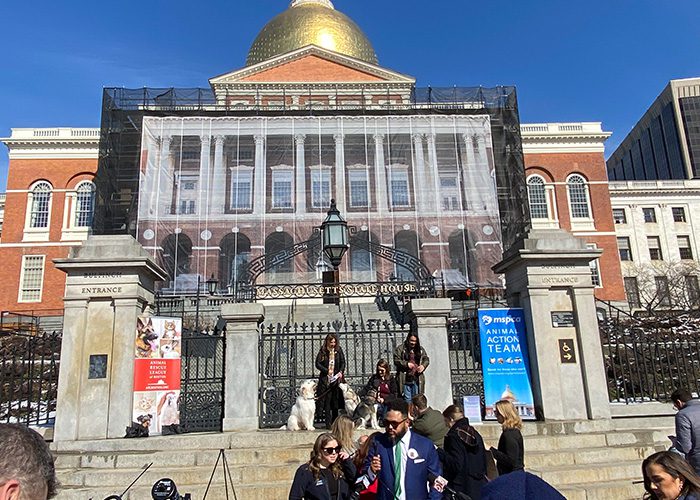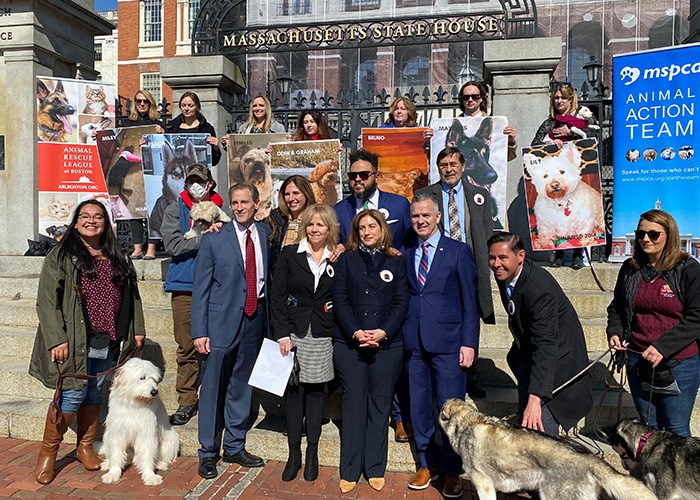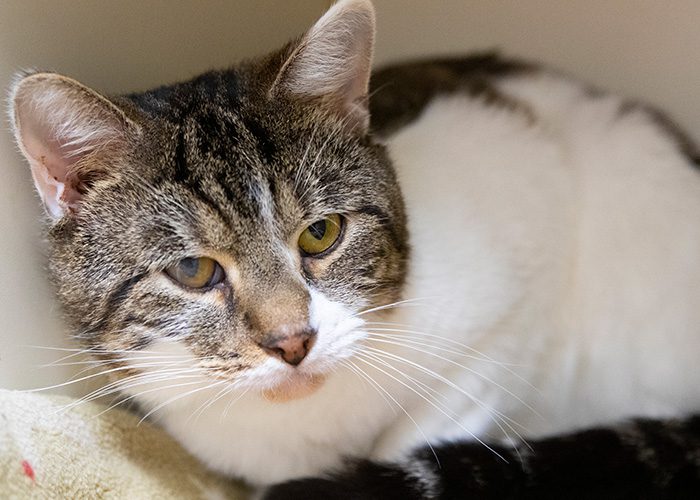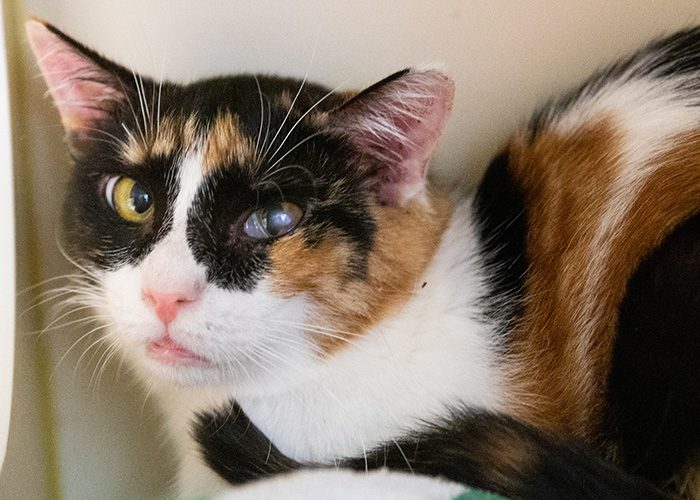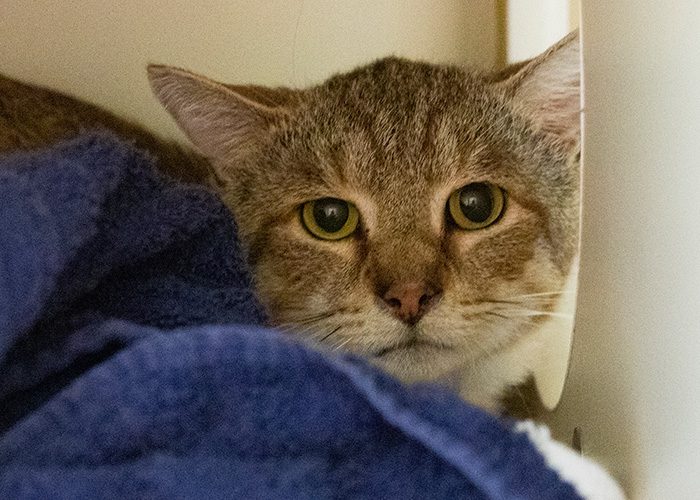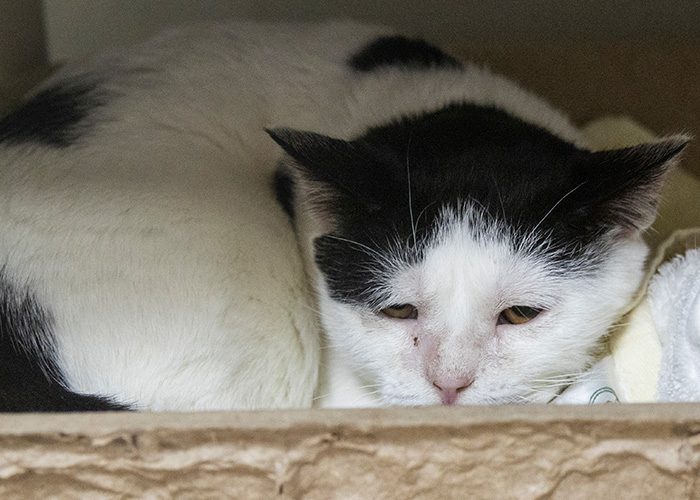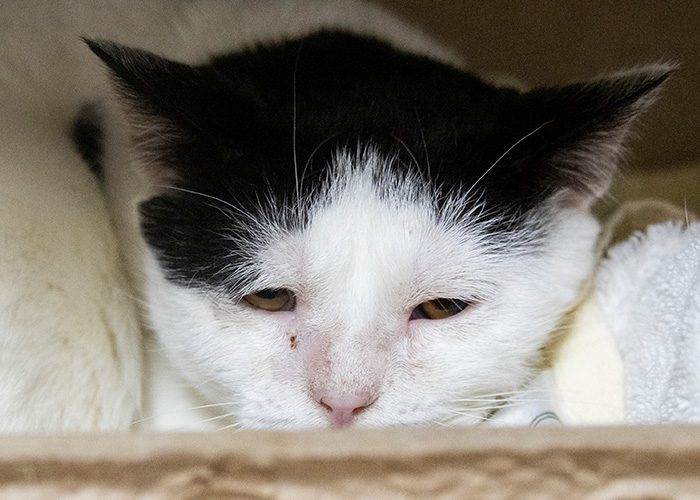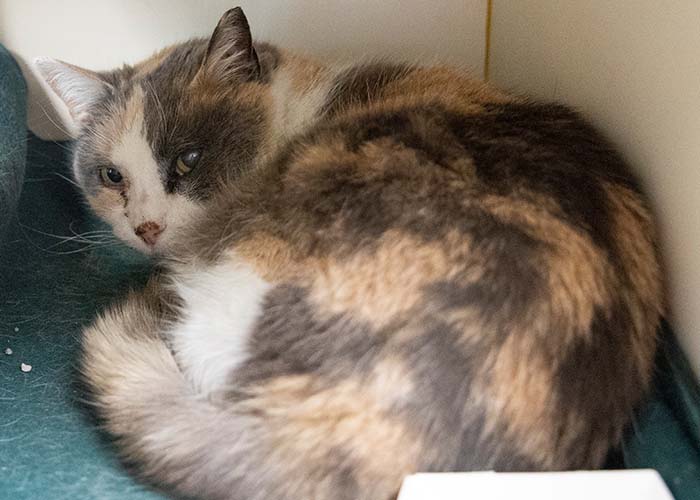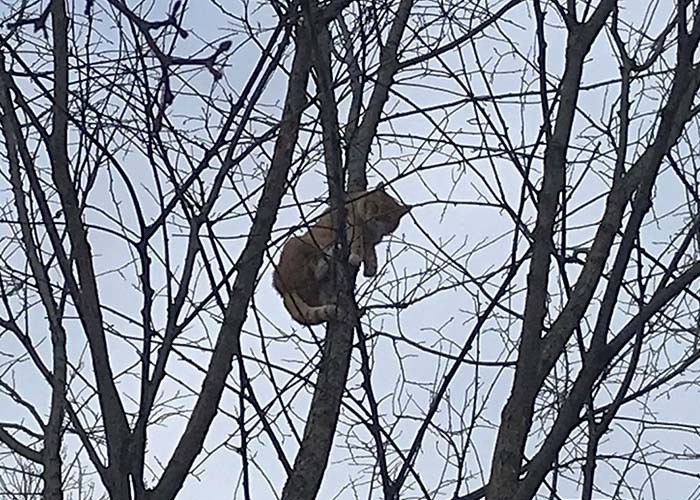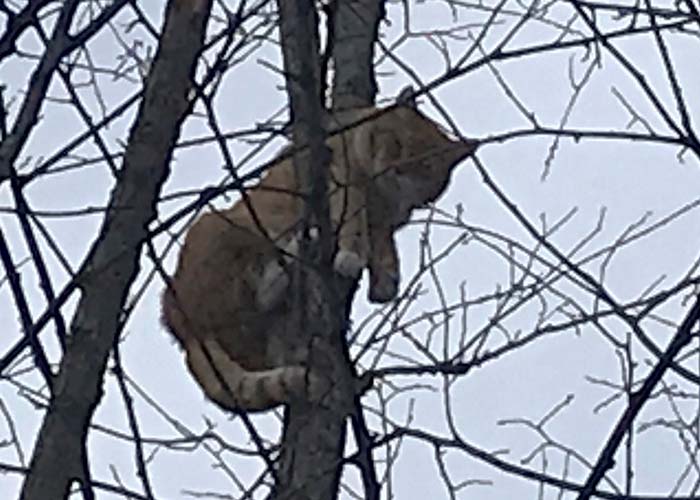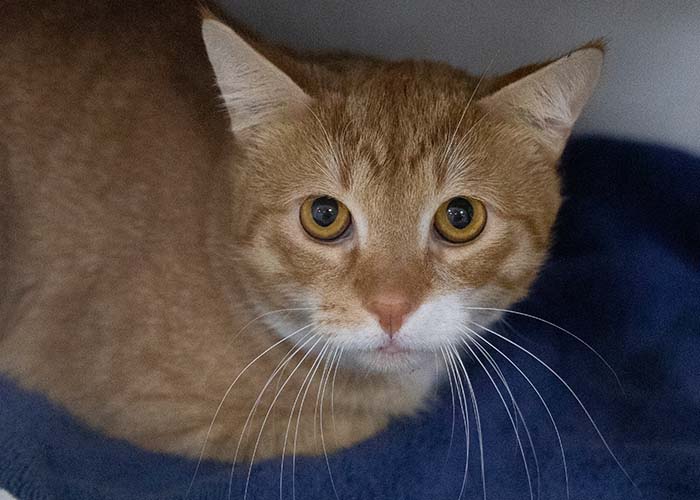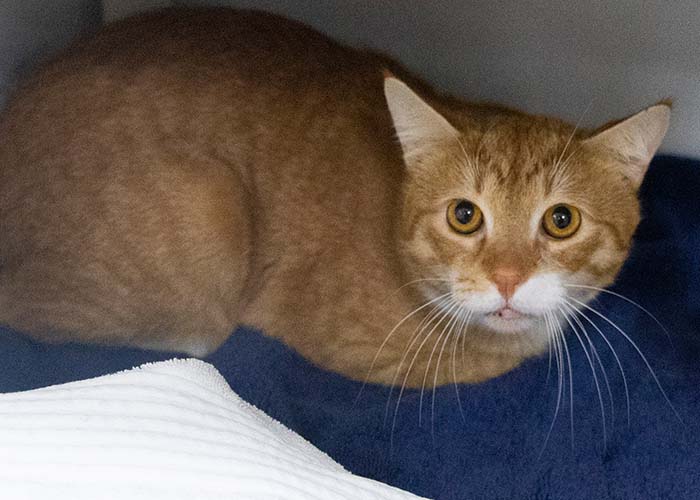ARL Receives Transport of Dogs Rescued from Cruelty and Neglect by the ASPCA
Transport marks growing partnership with national organization
This past week the Animal Rescue League of Boston (ARL) continued its growing partnership with the ASPCA® (The American Society for the Prevention of Cruelty to Animals®) receiving a transport of dogs who were removed from animal cruelty and neglect situations and are now looking for loving homes.
The dogs came from two separate cruelty investigations through ASPCA’s partnership with the New York City Police Department (NYPD) and presented with various medical needs.
Meet the Pups in Need
**Update: all dogs have been adopted!**
Waggington
Waggington, a three-year-old pup, came to the ASPCA through its partnership with the New York City Police Department (NYPD) in February of 2022 as part of a criminal investigation with a suspected knife wound to one of his hind legs.
While in the ASPCA’s care, Waggington had his wound repaired and was treated for an ear infection and upper respiratory infection.
He is a very social dog who is loved by everyone who meets him and he is ready to find his safe, loving home.
Fern, Lavender, and Link
Fern, Lavender and Link also came to the ASPCA through its partnership with the NYPD in January of 2022 as part of a criminal investigation.
Fern is an energetic two-year-old lady who steals the hearts of everyone she meets. While in the ASPCA’s care, Fern was treated for a skin infection which has healed beautifully.
Lavender is a sweet and social girl who is a little older than a year. She was mildly fearful when she first arrived at the ASPCA but has since become quite the social butterfly.
Link, an approximately five-year-old pup, is a social and confident dog who had a sparse hair coat and dental disease when he first arrived at the ASPCA’s Animal Recovery Center in New York City. Now that his hair coat is filling in and his teeth have been freshly cleaned and treated, he is ready to find a safe, loving home.
Upon arrival at ARL’s Dedham Animal Care and Adoption Center, ARL’s shelter medicine team continued care, giving each animal a thorough veterinary exam; the dogs have also received behavioral evaluations as well.
“I am extremely pleased that ARL is able to assist the ASPCA, a wonderful partner organization, with these animals who came from difficult situations,” stated Dr. Edward Schettino, ARL President and CEO. “Through this collaborative effort, these dogs will be able to find loving homes where they can thrive for years to come.”
A Growing Partnership
In 2021, ARL officially became a part of the ASPCA’s Relocation Program, which relocates dogs from shelters in areas with high homeless pet populations to “destination” shelters like ARL, where adoptable animals are in high demand.
Additionally, in early 2022, ARL received several dogs rescued by the ASPCA from a tornado-ravaged area in Kentucky and placed them into loving homes.
